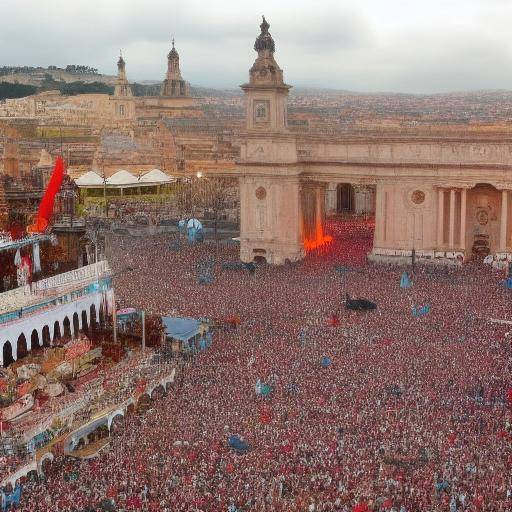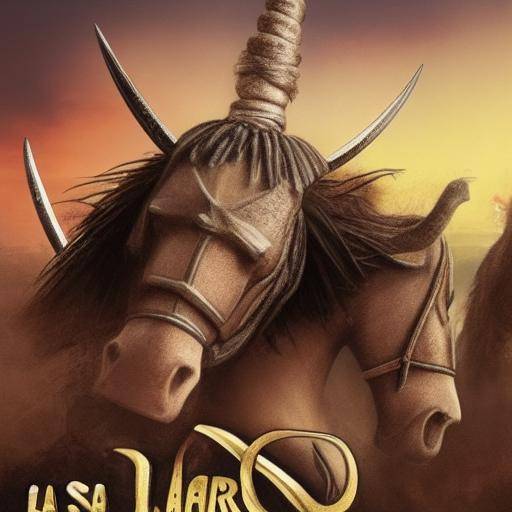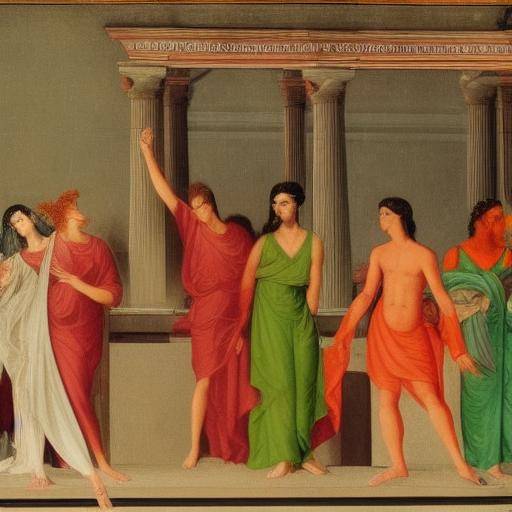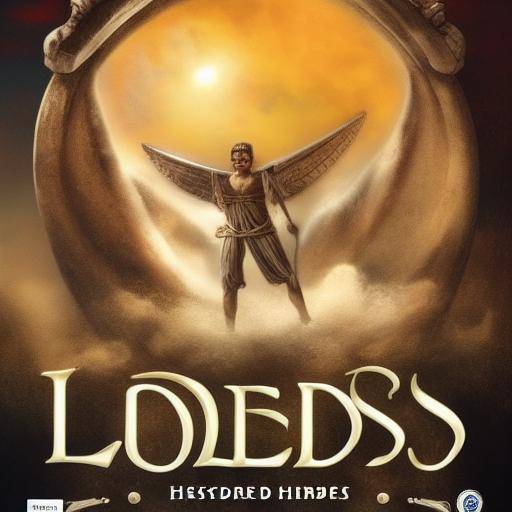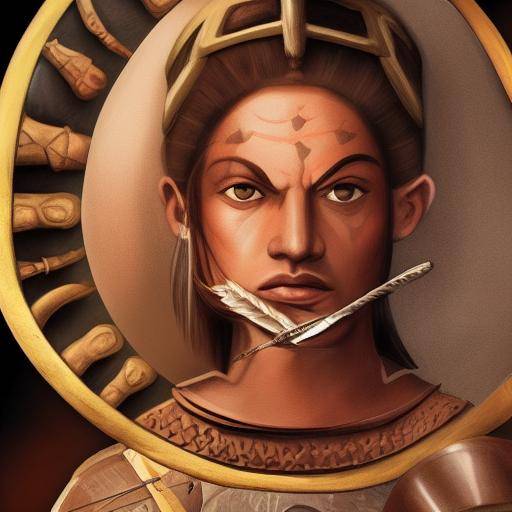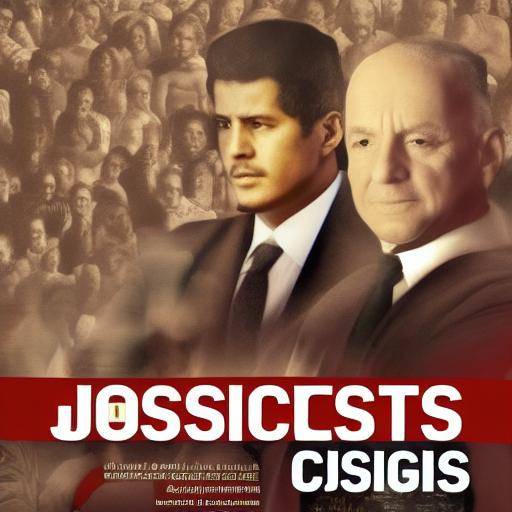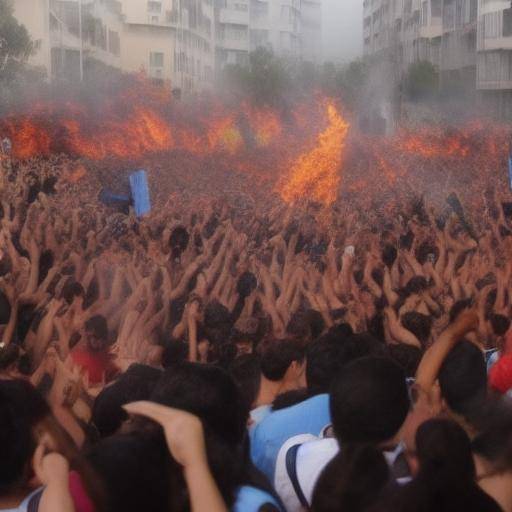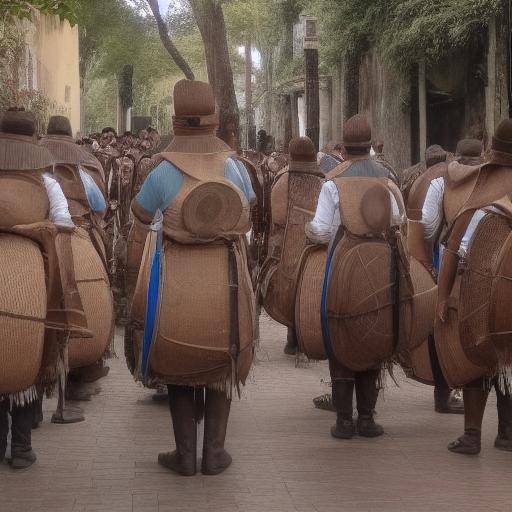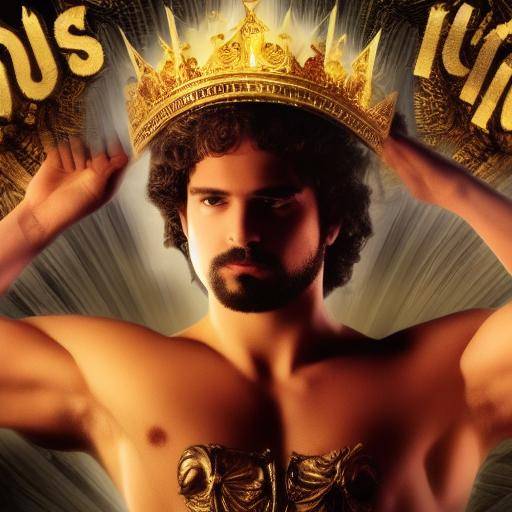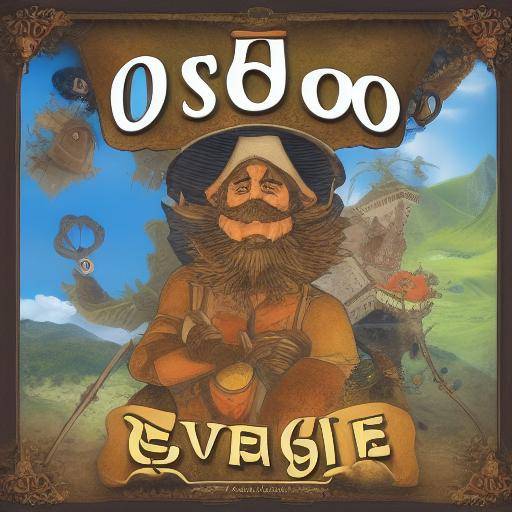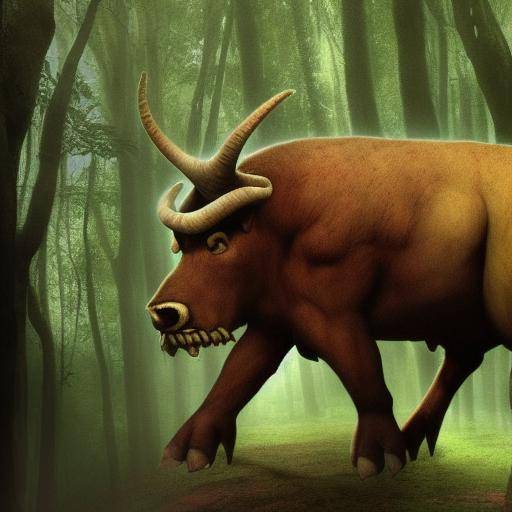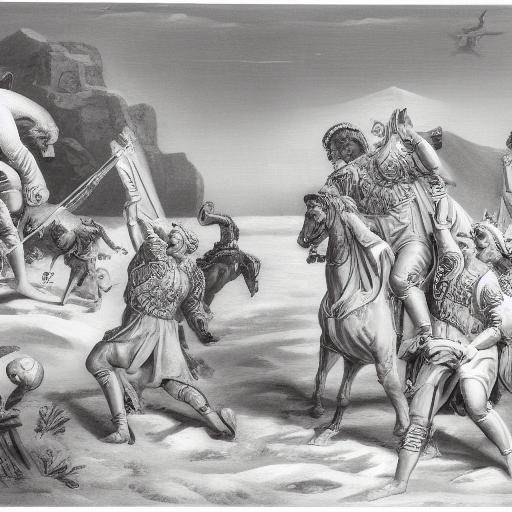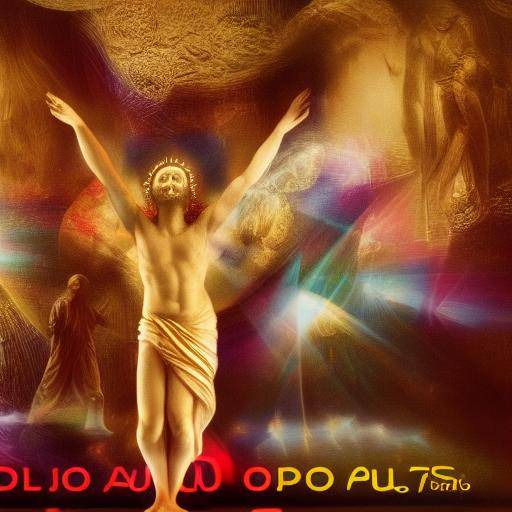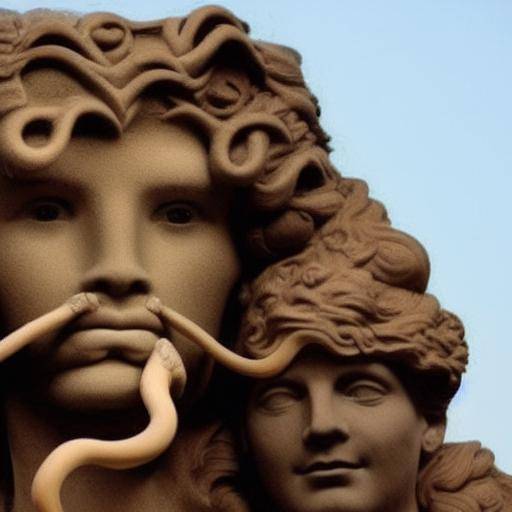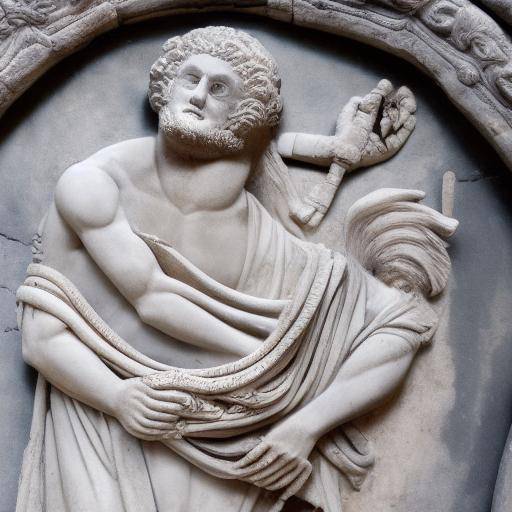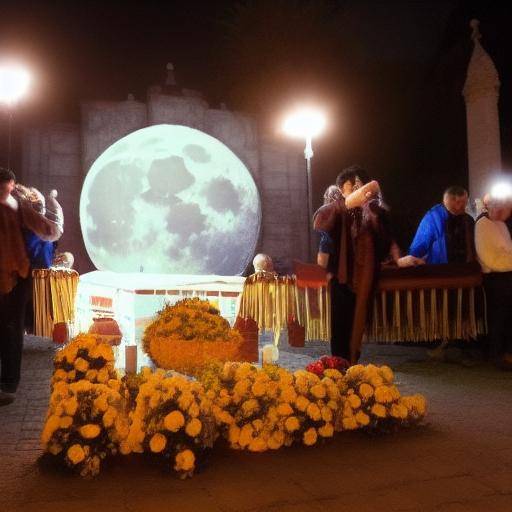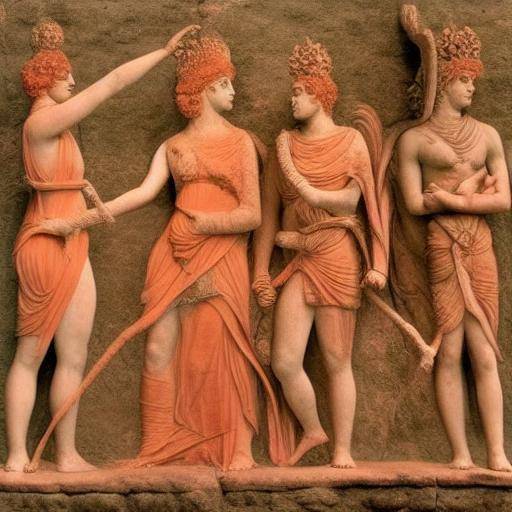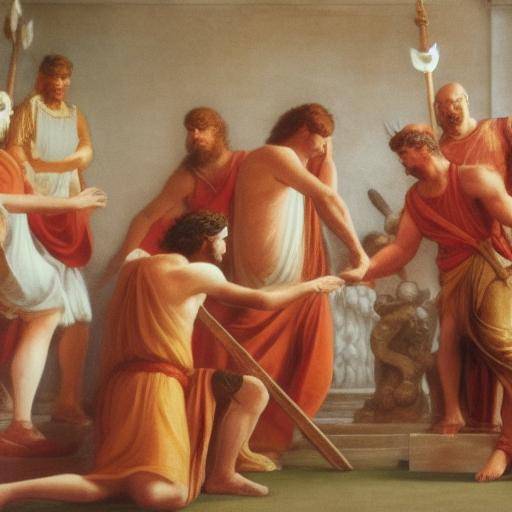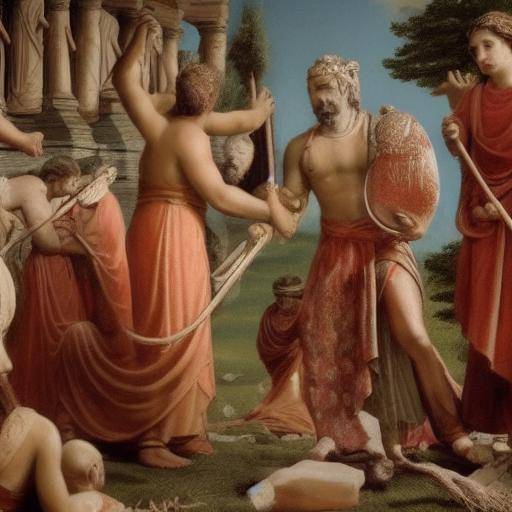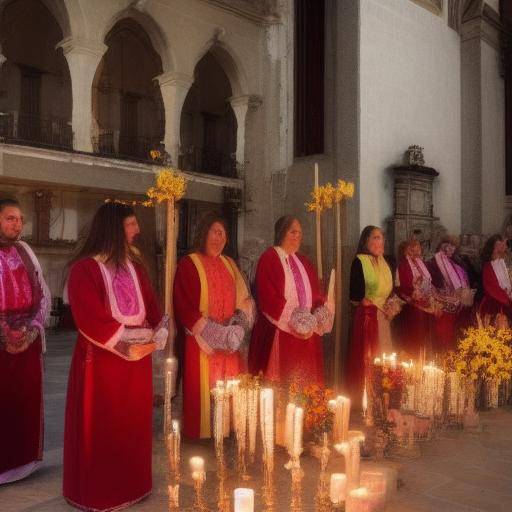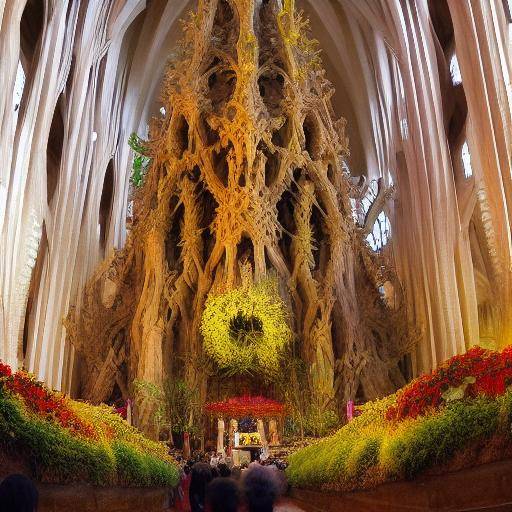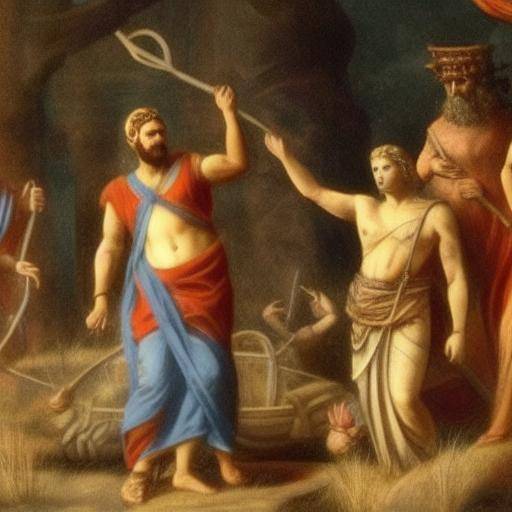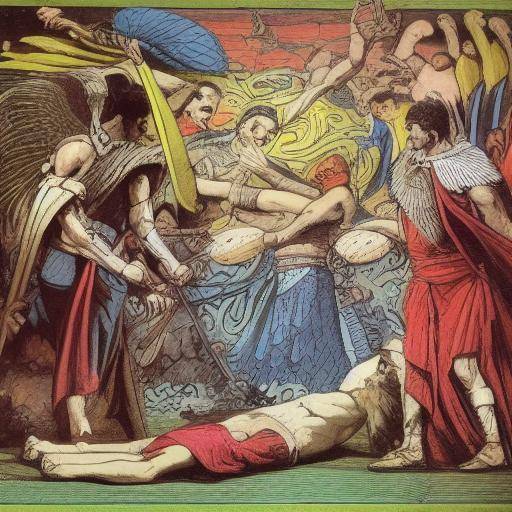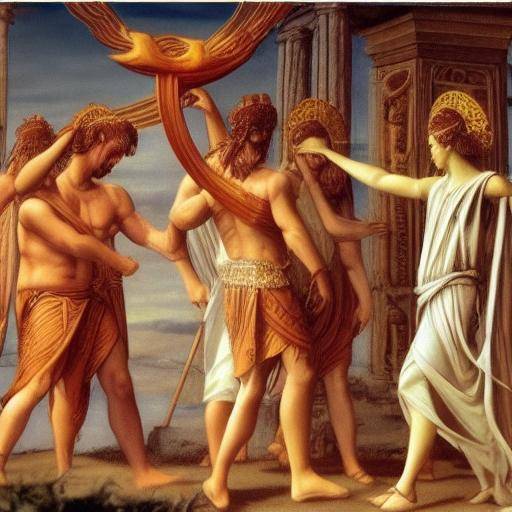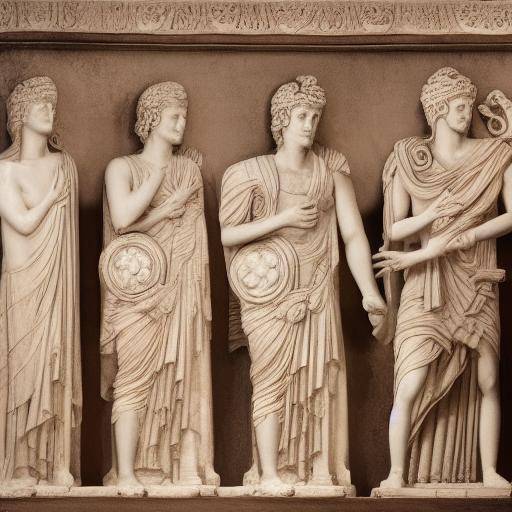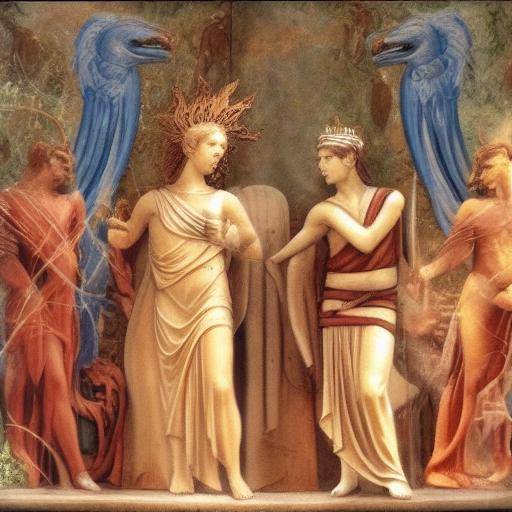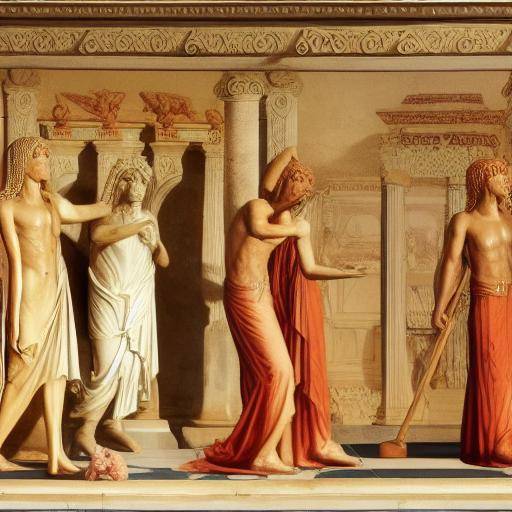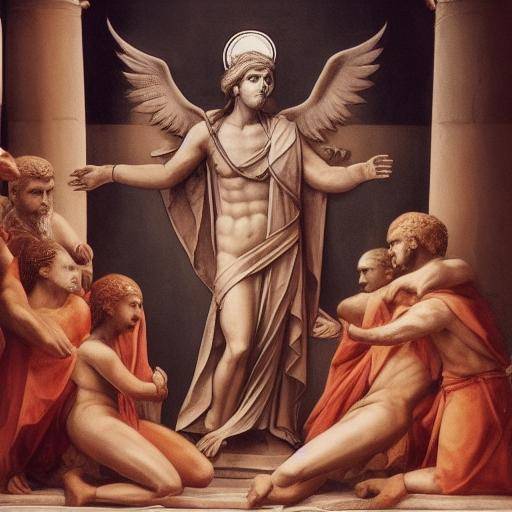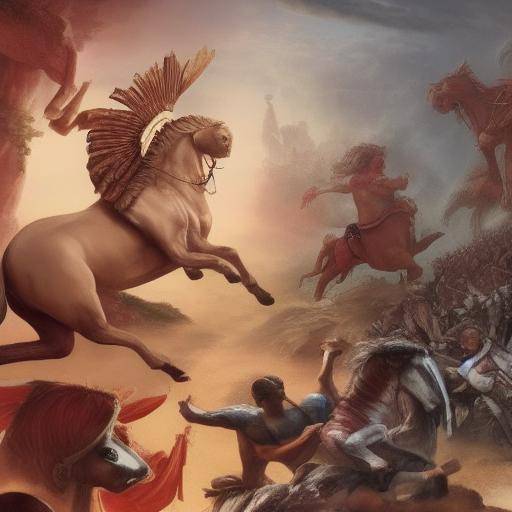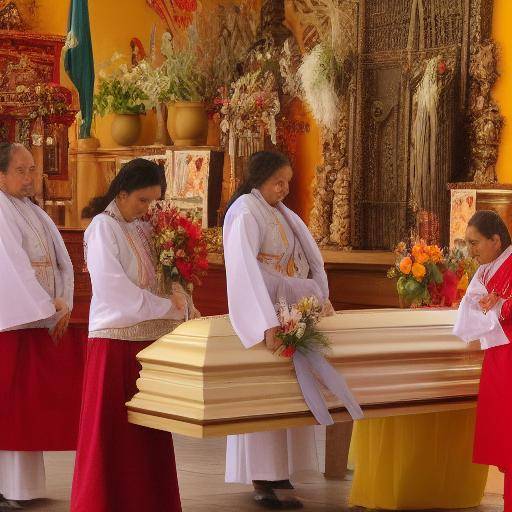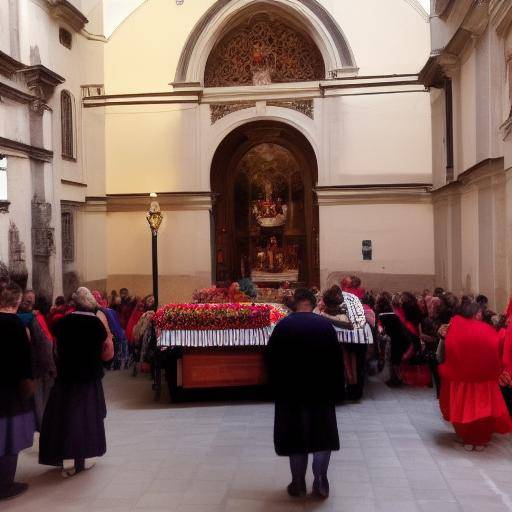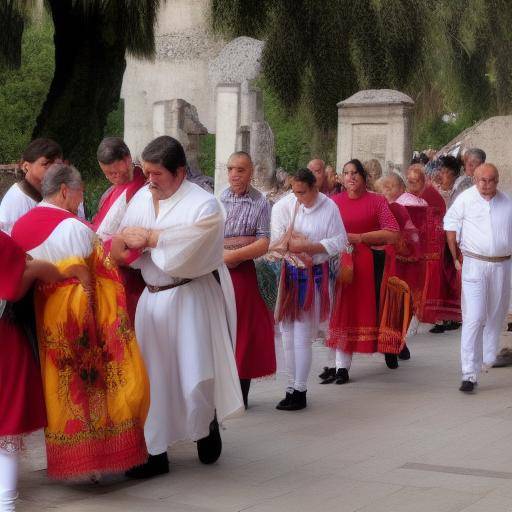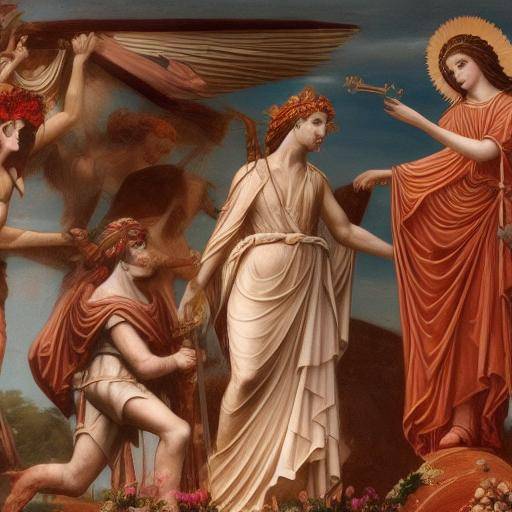
Greek mythology is recognized by its epic accounts, legendary heroes and powerful gods, but also has funeral traditions that reflect the beliefs and values of ancient Greece. In this article, we will deeply explore funeral traditions in Greek mythology, history, meaning and evolution over time. From burial rituals to beliefs about life after death, immerse yourself in the fascinating world of the funerary customs of ancient Greece.
Introduction
Funeral traditions in Greek mythology date back thousands of years and have left a mark on Western history and culture. These practices were not only farewell rituals, but also reflected the deeply rooted beliefs and values of ancient Greek society. In this article, we will explore in detail the evolution of these traditions, their meaning in Greek mythology and their historical relevance. From burial rituals to ideas about the beyond, we will discover how funeral traditions intertwined with life and death in ancient Greece.
History and Background
Funeral traditions in Greek mythology have their roots in the ancient funeral practices and religious beliefs of the time. The ancient Greeks honored their deceased with solemn rituals that varied in complexity according to the social status of the deceased. The burials included a series of ceremonies and rituals aimed at ensuring a safe passage to the beyond and showing respect for the deceased and his legacy.
Respect for the dead was an integral part of Greek society, and burials were considered a sacred duty. Funerals were seen as the transition from the soul of the deceased to the underworld, where rituals and offerings had a crucial role to ensure a safe journey and a proper destiny in the other life.
Funeral practices varied according to the region and the time, but the central idea of honoring the deceased and ensuring proper transit to the beyond was common throughout Greek mythology. These traditions have left a lasting legacy that has influenced funeral beliefs and customs in Western culture to this day.
Analysis in Deep
Funeral traditions in Greek mythology offer a unique view of the worldview and beliefs of ancient Greece. Through archaeological research and the exploration of ancient texts, the way in which the Greeks honored their deceased and conceived the beyond has been largely rebuilt.
Funeral rituals were a manifestation of complex beliefs about life after death in Greek mythology. From the placement of coins in the eyes of the deceased to pay the boatman who would take him to the underworld, until the presence of a funeral cortex that accompanied the deceased on his last voyage, these rituals reflected the concern to ensure a peaceful transition and a favorable destination in the beyond.
In addition, the worship of heroes and the veneration of mythical figures through sanctuary and funeral offerings were also a crucial part of funeral traditions in Greek mythology. These practices were an expression of the connection between the living and the dead, as well as a means to keep alive the memory of those who had left an indelible mark on Greek history and mythology.
Comprehensive review
Funeral traditions in Greek mythology have left a legacy that transcends time and space, influencing not only the classical culture, but also the modern understanding of death and beyond. The symbolic and spiritual richness of these rituals offers a unique perspective on the conception of life and death in ancient Greece, as well as a point of comparison to understand funeral traditions in other cultures and times.
In addition, the funeral traditions in Greek mythology have been studied and interpreted by scholars and experts, who have explored their symbolic meaning, their social implications and their relevance in the understanding of the ancient mentality. Through this in-depth analysis, the complexity and wealth of these traditions have been unraveled, offering a more complete view of their historical and cultural significance.
Comparative analysis
By comparing funeral traditions in Greek mythology with other funerary practices of ancient times, significant similarities and differences that shed light on the diversity of cultural approaches to life and death are revealed. While some funeral traditions had a more pragmatic and earthly approach, the practices of Greek mythology were characterized by their ritualized and symbolic nature, reflecting a more spiritualized view of the beyond.
In addition, when comparing beliefs about life after death in Greek mythology with conceptions in other cultures, there are fundamental differences in how different societies conceive the destiny of the soul and the role of funeral rituals in this process. This comparative analysis enriches our understanding of funeral traditions in Greek mythology, placing them in a wider context and highlighting their uniqueness within the panorama of funeral practices in the ancient world.
Practical Tips and Accessible Recommendations
While funeral traditions in Greek mythology belong to a specific time and cultural context, their study and understanding offer lessons and reflections relevant to modern society. The importance attached to funeral rituals as an expression of respect, the bond between the living and the dead, and the symbolic conception of the beyond are aspects that can resonate in the contemporary understanding of death and mourning.
In this sense, funeral traditions in Greek mythology can serve as an inspiration to develop more compassionate and meaningful approaches to death and mourning today. Reflection on the importance of honoring the memory of the deceased, the need for meaningful rituals and the connection between the earthly and spiritual world raises issues relevant to the way we address death and mourning in modern society.
Conclusion and Frequently Asked Questions
In conclusion, funeral traditions in Greek mythology constitute a fascinating testimony to the beliefs, values and worldview of ancient Greece. Its significance, evolution and historical relevance offer a unique window to the mentality and culture of this civilization, as well as lessons and reflections relevant to our modern understanding of life, death and beyond.
Frequently asked questions
1. What was the importance of funeral rituals in Greek mythology?
Funeral rituals were of vital importance in Greek mythology, as they were considered to ensure proper transit to the beyond and guaranteed a favorable destination for the deceased in the other life.
2. How did beliefs influence the beyond in the funeral traditions of Greek mythology?
Beliefs on the beyond influenced funeral practices by emphasizing the need to perform rituals and offerings to ensure a safe passage to the underworld and maintain the connection between the living and the dead.
3. Are there regional differences in the funeral traditions of Greek mythology?
Yes, funeral practices varied according to the region and time, which reflected a diversity of approaches and rituals in different locations of ancient Greece.
4. How did funeral traditions influence Greek mythology in Western culture?
Funeral traditions in Greek mythology left a lasting legacy that has influenced funeral beliefs and customs in Western culture to this day, especially with regard to the conception of life after death and respect for the deceased.
5. How were burials done in Greek mythology?
The burials involved a series of ceremonies and rituals, which included the accompaniment of the deceased by a funeral court, the placement of offerings, as well as the realization of religious ceremonies aimed at ensuring a safe passage to the beyond.
6. What aspects of funeral traditions in Greek mythology remain relevant today?
The importance of honoring the memory of the deceased, the need for meaningful rituals and the connection between the earthly and spiritual world are aspects of funeral traditions in Greek mythology that remain relevant in the way we address death and mourning in modern society.
In short, funeral traditions in Greek mythology offer a fascinating look at the beliefs and values of ancient Greece, as well as lessons and reflections relevant to our modern understanding of death and mourning. Its meaning transcends time and space, providing a rich source of exploration and inspiration to understand the complex relationship between life, death and the beyond.


